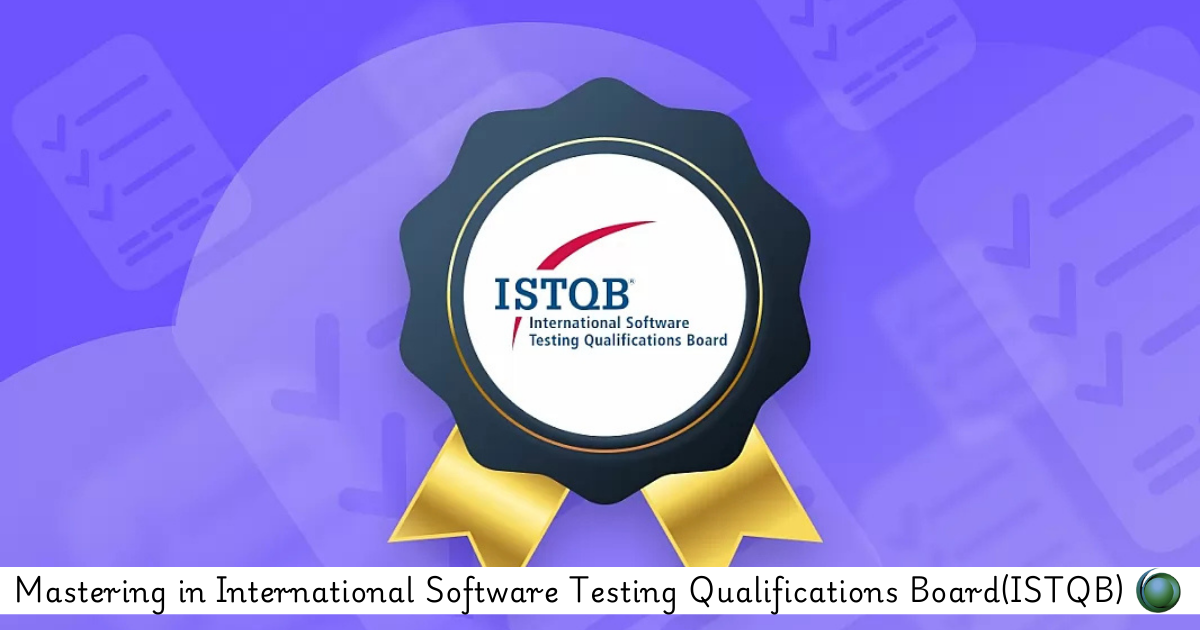Description
Introduction to Cucumber for automation
Cucumber is a popular tool used for Behavior-Driven Development (BDD), enabling testers and developers to write tests in a natural language that business stakeholders can easily understand. Through this training, participants will learn how to effectively use Cucumber to automate functional tests, implement BDD concepts, and integrate with other tools like Selenium for end-to-end testing.
Prerequisites:
- Basic knowledge of programming (preferably Java or Ruby)
- Understanding of software testing concepts
- Familiarity with Agile methodologies and BDD
- Basic knowledge of web technologies and tools like Selenium
TABLE OF CONTENT
1: Introduction to Automation Testing
1.1 Overview of Automation Testing
1.2 Role of Cucumber in Automation
2: Getting Started with Cucumber
2.1 Installing Cucumber
2.2 Setting Up a Cucumber Project
2.3 Understanding Feature Files
3: Gherkin Language Basics
3.1 Introduction to Gherkin
3.2 Writing Feature Files
3.3 Gherkin Keywords
4: Cucumber Steps and Step Definitions
4.1 Creating Step Definitions
4.2 Mapping Steps to Code
4.3 Parameterization in Steps
5: Data-Driven Testing with Cucumber
5.1 Using Examples in Feature Files(Ref: Appium Testing)
5.2 Data Tables in Cucumber
5.3 Scenario Outline for Data-Driven Tests
6: Tagging and Organizing Scenarios
6.1 Tagging Scenarios
6.2 Running Tagged Scenarios
6.3 Organizing Feature Files and Step Definitions
7: Hooks in Cucumber
7.1 Introduction to Hooks
7.2 Before and After Hooks
7.3 Conditional Hooks
8: Integrating Cucumber with Test Frameworks
8.1 Using Cucumber with JUnit
8.2 Using Cucumber with TestNG
8.3 Other Test Framework Integrations
9: Reporting and Documentation
9.1 Generating Reports with Cucumber
9.2 Documenting Test Results
9.3 Best Practices for Reporting
Conclusion:
Cucumber offers an efficient approach to automating tests and fostering collaboration between developers, testers, and business stakeholders. By learning how to write effective Gherkin scenarios and implement step definitions, participants will be equipped to adopt BDD practices and optimize the software development lifecycle through automated testing. Graduates of this training will be well-prepared to apply Cucumber in real-world test automation projects and enhance their career prospects in Agile environments.






